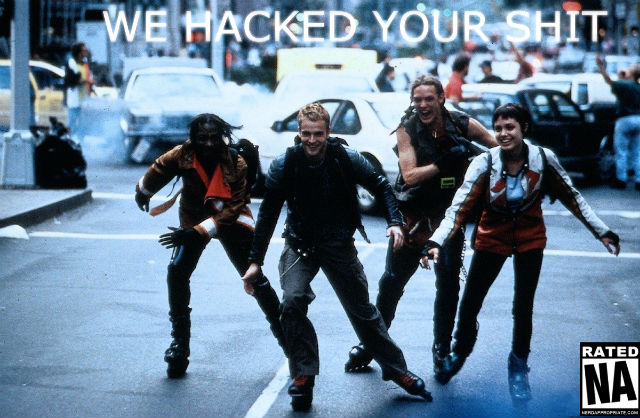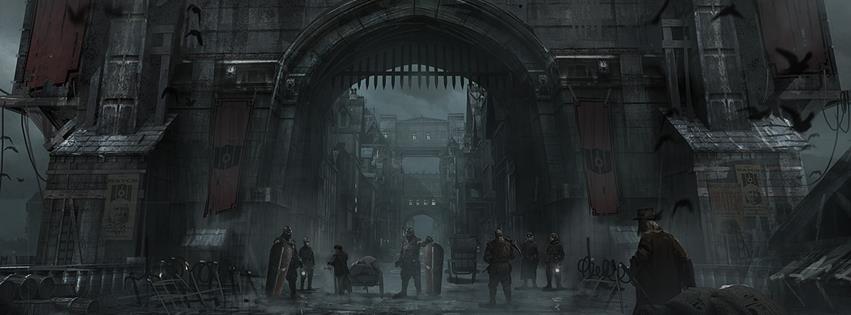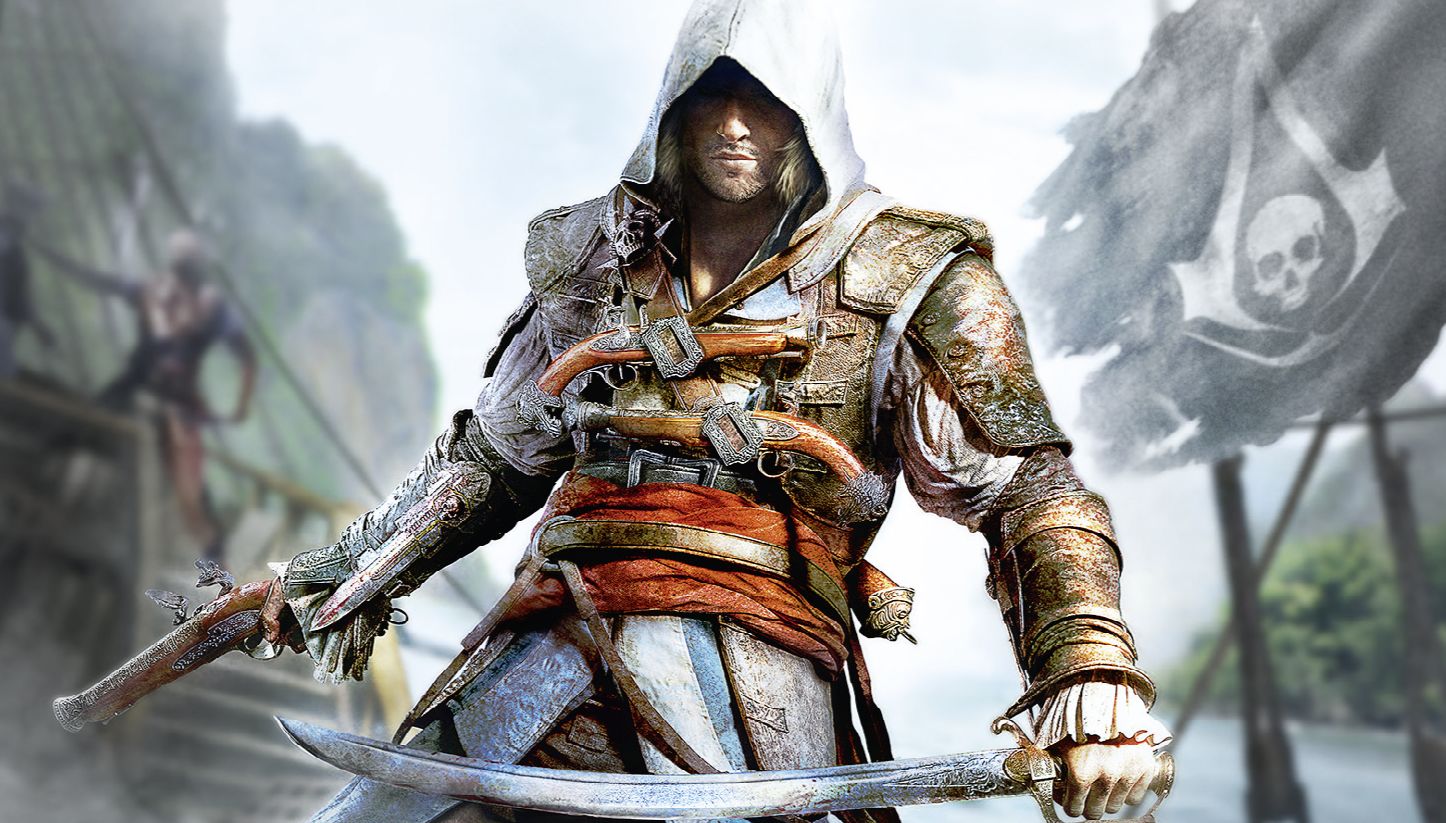
Blizzard Hacked Again! Are Virtual Goods Worth Too Much?
I’ll begin this post with a sorted tale of hacking and betrayal. I was lucky enough to be a World of Warcraft beta tester way back in 2004. As soon as the game launched I pledged my fealty to the mighty Blizzard and swore that I’d always support the company that supplied me with such addictive goodness. For a while things were great, I played some games, collected some items, and explored the world of Azeroth…soon however, the hacking started. Time and time again my personal account and the accounts of my friends and guild members were hacked and plundered. Blizzard was always pretty good about returning accounts and lost virtual items, but many members of our guild quit out of frustration and time lost. With the addition of Battle.net and authenticators, one would think that the age of mass password hacks would be over, sadly they are not. With virtual gold that’s often times worth more than some actual real world currencies, hacking a World of Warcraft or Diablo account can be worth a lot of REAL money. For instance in China, the average person is currently making around 665 Yuans a month or $104 U.S. (source) . This would mean that the theft of $100,000 WOW gold could net a Blizzard account pirate about a month’s average salary in China (as the current exchange rate is $10 for 10,000 WOW gold). If no market existed, the hacking wouldn’t be half as bad as it is today. Check some info below regarding the latest big hack.
Here is what the CEO of Blizzard has to say.
Mike Morhaime: Players and Friends,
Even when you are in the business of fun, not every week ends up being fun. This week, our security team found an unauthorized and illegal access into our internal network here at Blizzard. We quickly took steps to close off this access and began working with law enforcement and security experts to investigate what happened.
At this time, we’ve found no evidence that financial information such as credit cards, billing addresses, or real names were compromised. Our investigation is ongoing, but so far nothing suggests that these pieces of information have been accessed.
Some data was illegally accessed, including a list of email addresses for global Battle.net users, outside of China. For players on North American servers (which generally includes players from North America, Latin America, Australia, New Zealand, and Southeast Asia) the answer to the personal security question, and information relating to Mobile and Dial-In Authenticators were also accessed. Based on what we currently know, this information alone is NOT enough for anyone to gain access to Battle.net accounts.
We also know that cryptographically scrambled versions of Battle.net passwords (not actual passwords) for players on North American servers were taken. We use Secure Remote Password protocol (SRP) to protect these passwords, which is designed to make it extremely difficult to extract the actual password, and also means that each password would have to be deciphered individually. As a precaution, however, we recommend that players on North American servers change their password. Please click this link to change your password. Moreover, if you have used the same or similar passwords for other purposes, you may want to consider changing those passwords as well.
In the coming days, we’ll be prompting players on North American servers to change their secret questions and answers through an automated process. Additionally, we’ll prompt mobile authenticator users to update their authenticator software. As a reminder, phishing emails will ask you for password or login information. Blizzard Entertainment emails will never ask for your password. We deeply regret the inconvenience to all of you and understand you may have questions. Please find additional information here.
We take the security of your personal information very seriously, and we are truly sorry that this has happened.
Sincerely, Mike Morhaime
This Post Has One Comment
Comments are closed.




Remember when you could just install Warcraft II from CD-Rom and play it? That was fun.